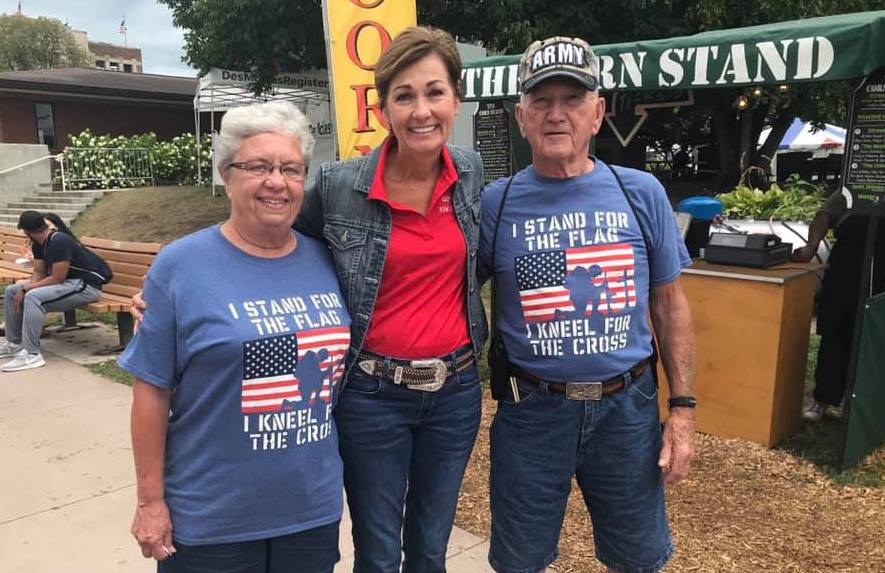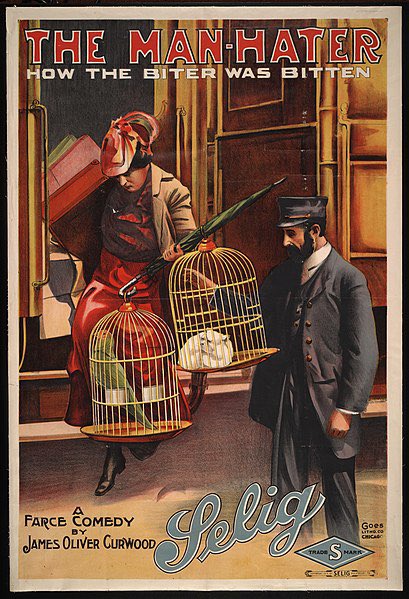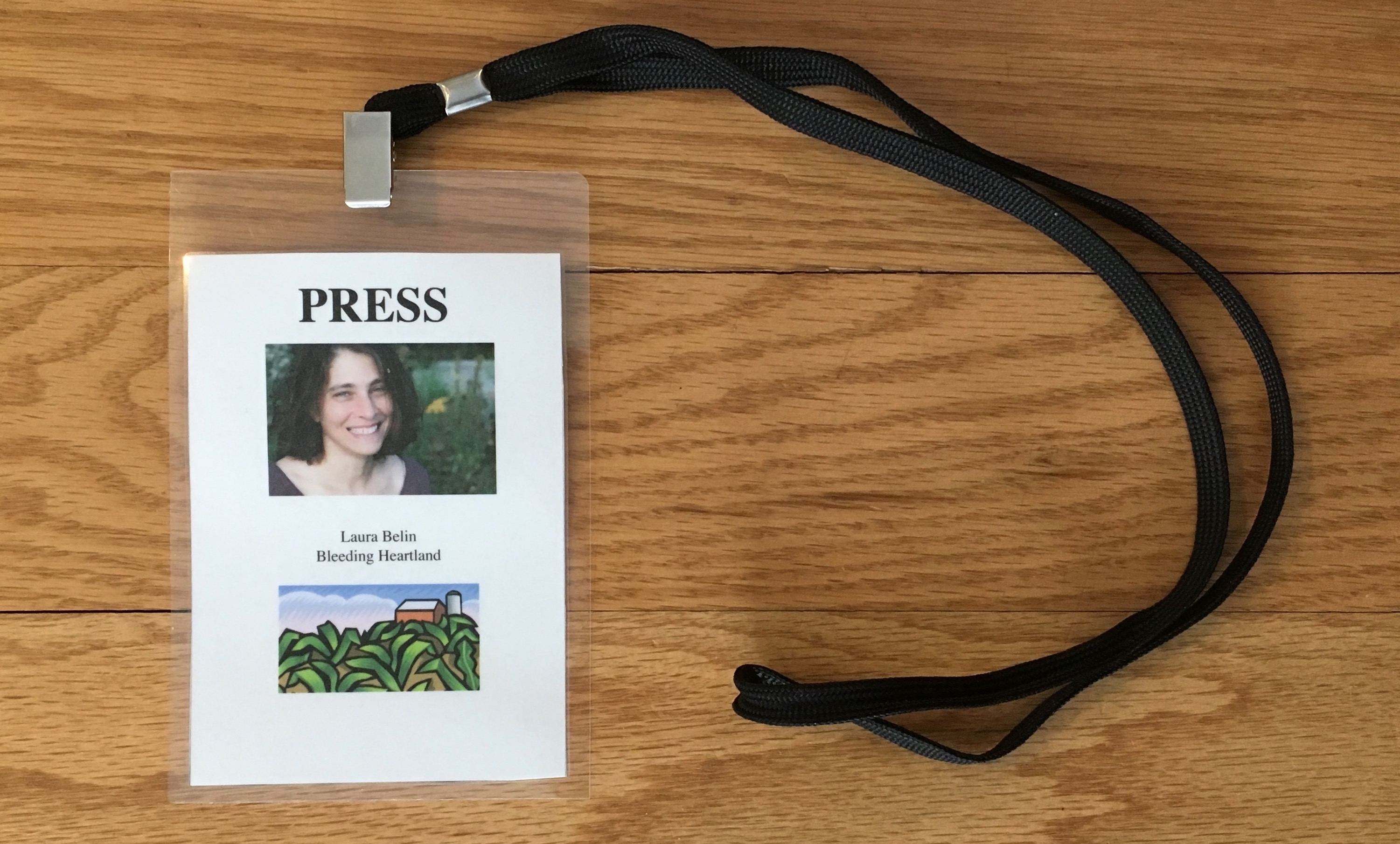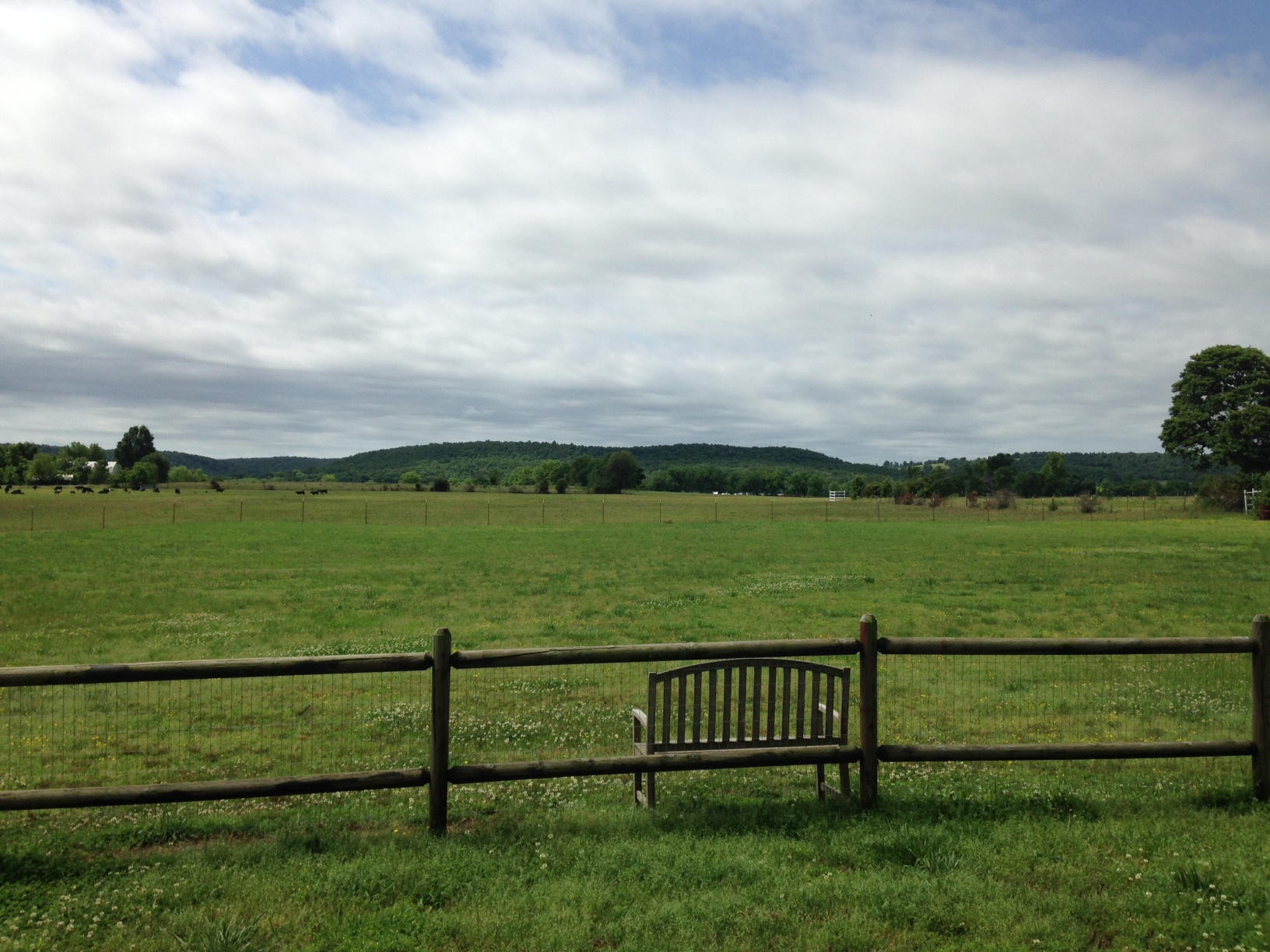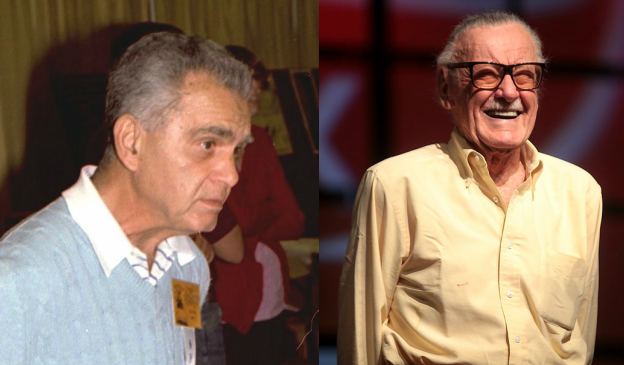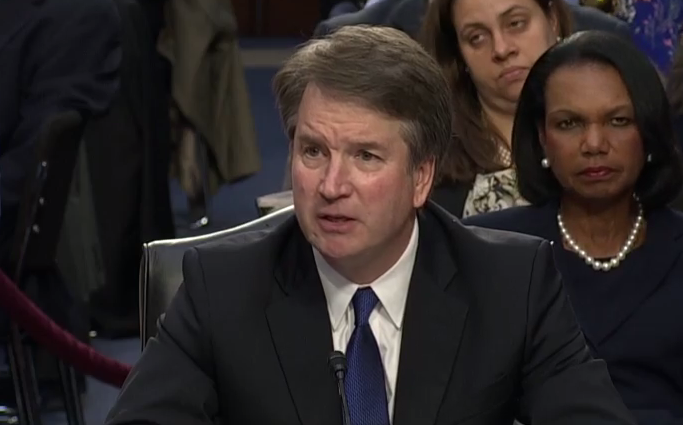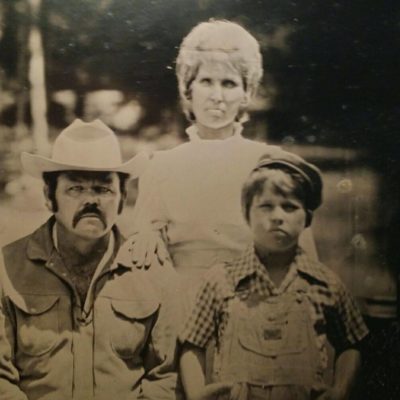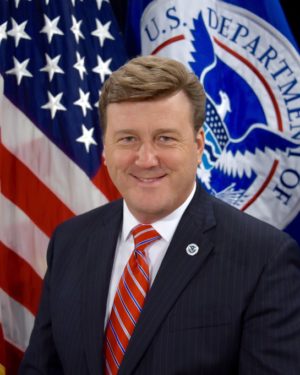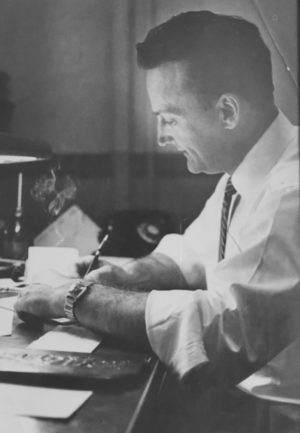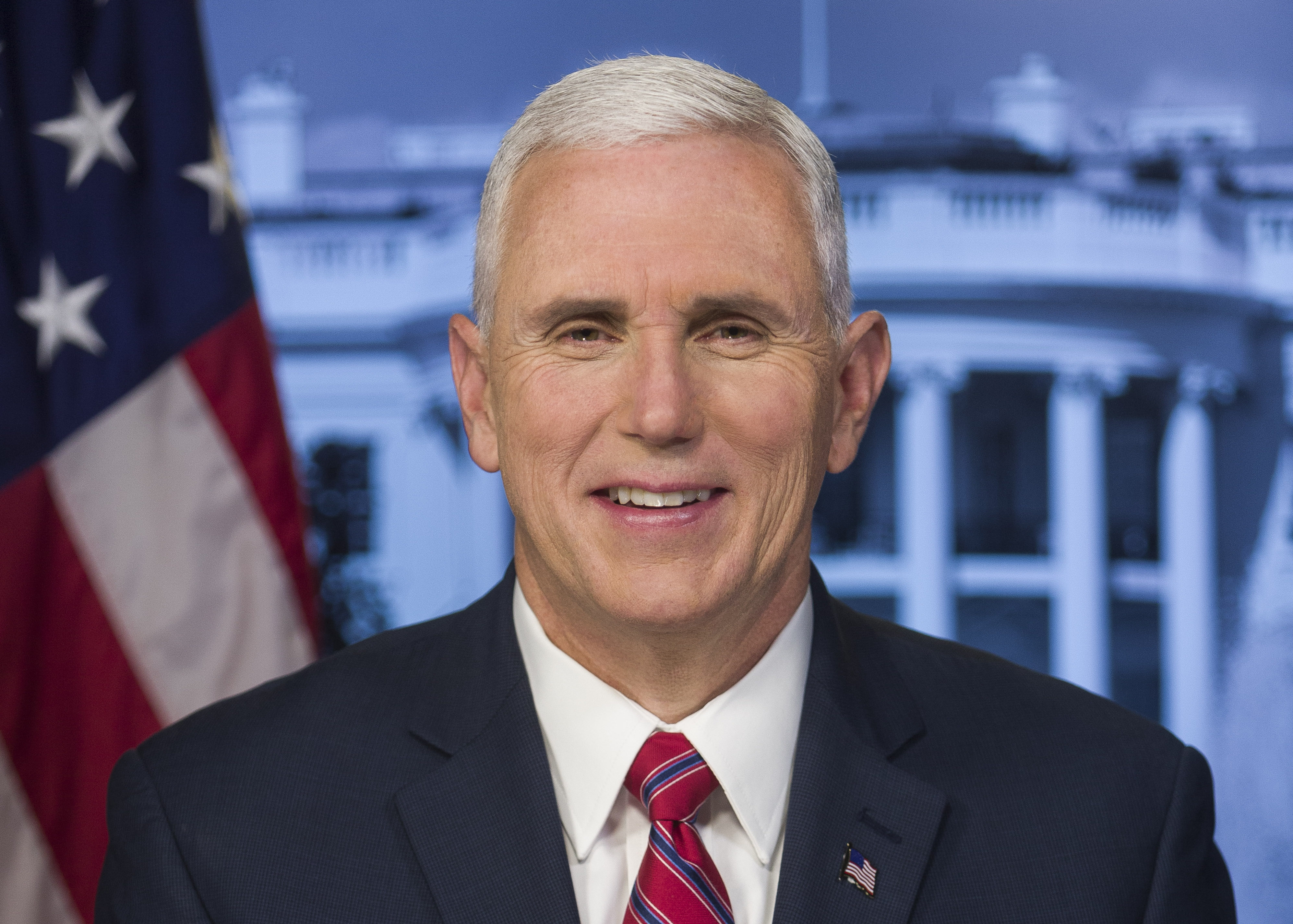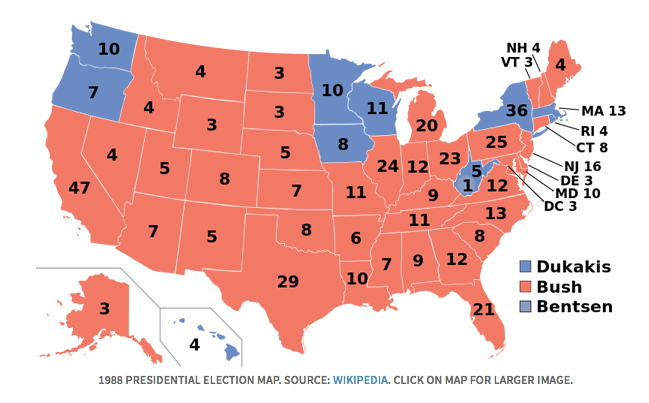Fifteen years later, images of the burning and collapsing World Trade Center towers are fresh in the minds of just about everyone old enough to remember 9/11. All topics are welcome in this thread, including any reflections on that horrific day.
Many people casually refer to “3,000 Americans” killed on 9/11, but hundreds of the victims were from other countries. Last year, the Brilliant Maps website posted a map created by reddit user thepenaltytick, showing all countries that lost at least one citizen. Most of the globe is covered.
The United Kingdom lost 67 citizens (some tourists, others working in the U.S.), making 9/11 the deadliest terror attack in that country’s history.
I was living in London fifteen years ago. Having watched the BBC’s uneventful news over lunch, I turned off the tv to get back to work on my dissertation. Around 2:00 pm, which would have been 9:00 am in New York, someone called and told me to turn the tv back on. I was glued to the BBC for the rest of the day and night. Watching the people trapped on the roof of the World Trade Center, I couldn’t understand why none of the helicopters could get close enough to rescue them before the towers collapsed. I could not believe a plane was able to crash into the Pentagon.
In Britain, as in the U.S., there was a tremendous public outpouring of grief after the attacks. British people are normally reserved with strangers, but many approached me after hearing my American accent in a shop or a train station, just to say how very sorry they were about what had happened in my country. UPDATE: Added below photos a reader sent, showing piles of flowers and gifts and notes left outside the U.S. embassy in London in September 2001.
I didn’t lose any friends on 9/11, and only one of my acquaintances lost a loved one that day; his father was on one of the planes that hit the towers. Even without experiencing a personal bereavement, I felt enraged, especially when reading newspaper profiles of the victims. During the Jewish high holidays in late September 2001, the last thing I felt like doing was reflecting on the past and forgiving wrongs from the past year. At that time, I heard a BBC radio segment featuring the UK’s Chief Rabbi, David Sacks. He reminded listeners that the Bible (he meant the Hebrew Scriptures or “Old Testament”) tells us once to love our neighbors, but tells us approximately 30 times to love the stranger. That’s because it is easier to love our neighbor, who is probably a lot like ourselves, than it is to love a stranger. It’s the only quote I remember from what must have been dozens of radio commentaries by Sacks I heard during my years abroad.
This week, Green Party presidential candidate Jill Stein called for a new investigation of the 9/11 events. Stein is headlining a rally at the state capitol in Des Moines today from 3 pm to 5:30. To any readers who attend: feel free to write about the speakers or crowd atmosphere in a comment or a guest post for Bleeding Heartland later. MSNBC’s Alex Seitz-Wald analyzed Stein’s campaign strategy a few weeks ago, arguing she “seems unsure how to speak to anyone this side of Noam Chomsky” and has “misread” the Bernie Sanders playbook while attempting to appeal to Sanders supporters.
Big news on Friday: in a move without precedent, the Obama administration ordered that construction of the Dakota Access (Bakken) pipeline “will not go forward at this time” on Army Corps land bordering or under a North Dakota lake on Standing Rock Sioux tribal land. Gavin Aronsen wrote up the story for Iowa Informer. The federal action will not affect Bakken pipeline construction in Iowa. Though the project will probably be completed in all four states eventually, James MacPherson reported for the Associated Press that the government’s intervention “may forever change the way all energy infrastructure projects [affecting tribal land] are reviewed in the future.”
Continue Reading...


